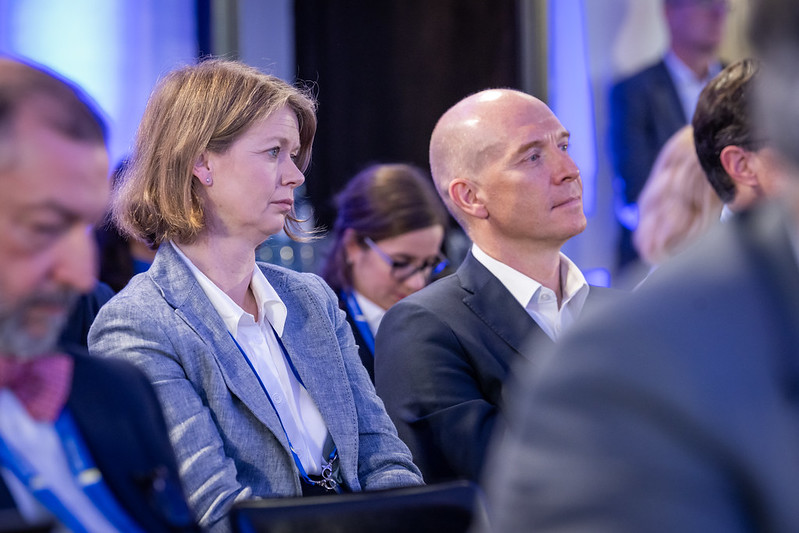By Marta Vilar – MADRID (Econostream) – European Central Bank Governing Council member Madis Müller said on Friday that the ECB should consider further interest rate cuts very carefully.
In a blog post published on the website of Eesti Pank, which he heads, Müller said that policymakers at the ECB should be ‘vigilant’, as an increase in tariffs and defense spending could create a new surge in inflation in the short term.
‘To me, this means that we need to be increasingly cautious about further interest rate cuts’, he added.
The ECB’s latest interest rate cut to 2.5% came at a moment where inflation was easing and getting closer to the 2% target, he said.
‘At the same time, the uncertainty related to possible shocks in global trade policy has crept into the room like a big elephant’, he said. ‘In addition, the economy will be affected by plans by European countries to significantly increase defense spending.’
Higher tariffs on European goods would hurt economic activity on this and on the other side of the Atlantic and would generate more inflation in the near term, according to Müller.
If the EU were to boost defense spending with borrowed money, ‘it could provide an additional boost to both economic recovery and price increases’, he said.
‘There is thus once again more than average uncertainty in economic policy, which is why the European Central Bank cannot make decisions on autopilot’, he stated.
Interest rates were no longer considered to be tight for firms and the credit market, he said.
‘Price increases are still on a downward trend’, he said. ‘The time when forecast models suggest that price increases in the euro area should remain close to 2% on a sustained basis has only been slightly postponed.’
Related articles:
- ECB’s Müller: We Are Getting Closer to Not Considering Rates to Be High
- ECB’s Müller: ‘We Are at a Boundary Where Interest Rates Are Still More Likely to Be High’
- ECB’s Müller: See Risk That Services, Wages Could Still Keep Inflation Elevated

